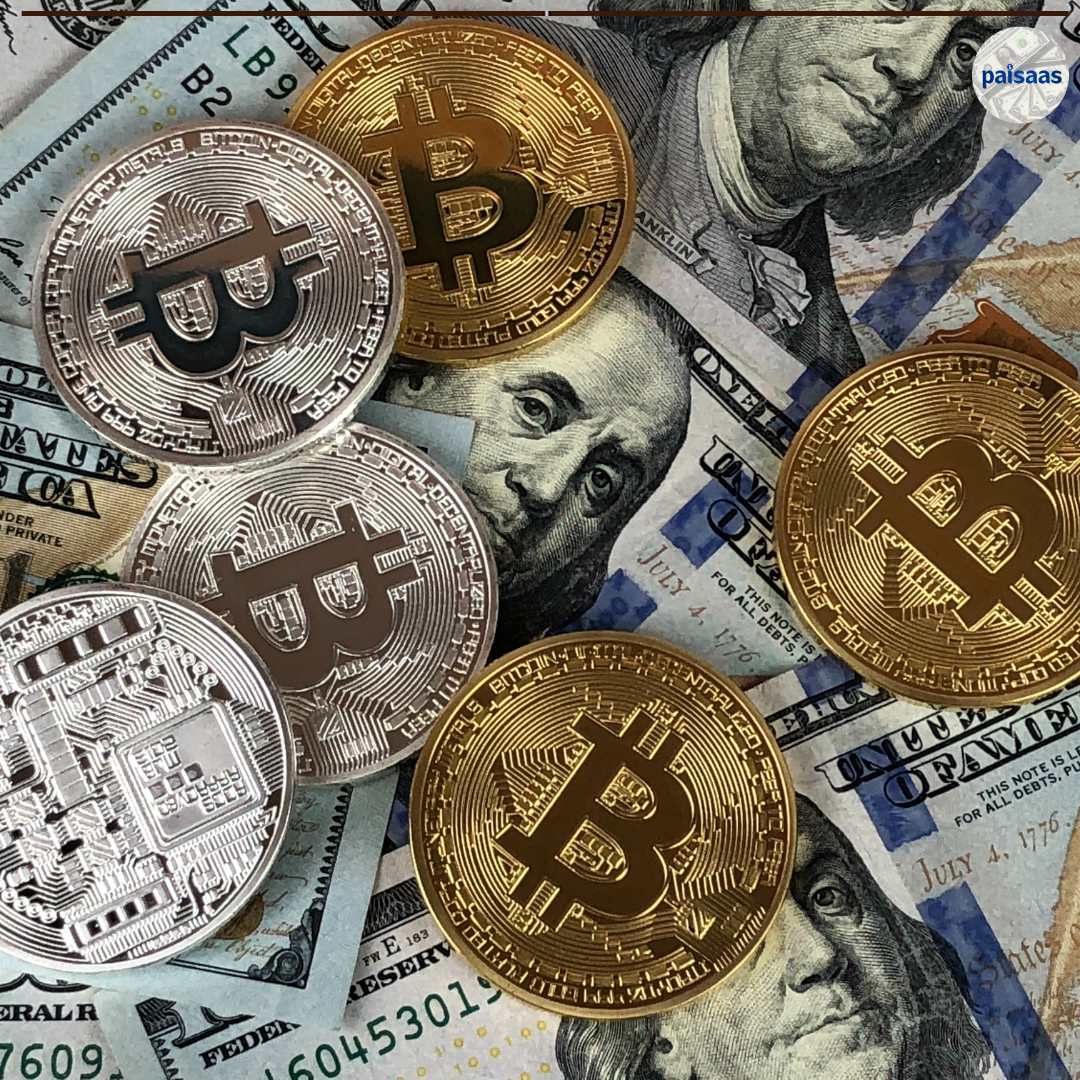

Securing Your Cryptocurrency: Understanding Wallets and Storage
Securing Your Cryptocurrency: Understanding Wallets and Storage
Cryptocurrencies have gained immense popularity in recent years, presenting new opportunities and challenges for digital asset holders. As cryptocurrencies are entirely digital, the need for secure storage solutions arises. This is where wallets come into play. Understanding the concept of wallets, their types, and the importance of wallet security is crucial for anyone venturing into the world of cryptocurrencies.
A cryptocurrency wallet is a digital tool that allows users to store, manage, and transact with their cryptocurrencies. It doesn’t physically hold the currency itself but rather stores the private keys, which are required to access and manage the funds associated with a particular cryptocurrency address. Private keys are essentially unique, complex strings of characters that serve as the cryptographic proof of ownership and control over the associated digital assets.
There are different types of cryptocurrency wallets available, each with its own features, advantages, and security considerations.
- Hardware Wallets: Hardware wallets are physical devices specifically designed for storing cryptocurrencies securely. These wallets store private keys offline, offering an extra layer of protection against online threats. Hardware wallets are typically small, portable devices with built-in security measures and encryption. They are considered one of the most secure options for storing cryptocurrencies.
- Software Wallets: Software wallets, also known as desktop wallets or client wallets, are applications installed on computers or mobile devices. These wallets can generate and store private keys locally, providing convenient access to cryptocurrencies. However, as software wallets are connected to the internet, they may be vulnerable to malware or hacking attempts. It is essential to ensure that the software wallet is from a trusted source and regularly updated to maintain security.
- Online Wallets: Online wallets, or web wallets, operate on the cloud and are accessible through web browsers or mobile apps. They are typically provided by cryptocurrency exchanges or third-party service providers. Online wallets offer convenience as users can access their funds from anywhere with an internet connection. However, since the private keys are stored online, they are more susceptible to hacking attempts and security breaches. It is crucial to choose reputable online wallet providers and implement additional security measures such as two-factor authentication (2FA).
Regardless of the type of wallet chosen, wallet security should be a top priority for cryptocurrency holders. Here are some key considerations to ensure wallet security:
- Strong Passwords: Use complex and unique passwords for wallet access, combining uppercase and lowercase letters, numbers, and symbols. Avoid using easily guessable information such as birthdates or common words.
- Two-Factor Authentication (2FA): Enable 2FA whenever possible. This adds an extra layer of security by requiring a second verification step, such as a unique code generated on a separate device, during the login process.
- Backup and Recovery: Regularly backup wallet data, including private keys or seed phrases, and store them securely offline. This ensures that funds can be recovered in case of device loss, damage, or theft.
- Keep Software Up to Date: Keep wallet software and operating systems up to date to benefit from the latest security patches and enhancements.
- Beware of Phishing Attempts: Be cautious of phishing attempts where malicious actors try to trick users into revealing their private keys or login credentials through fake websites or emails. Always verify the authenticity of websites or communication channels before providing any sensitive information.
- Cold Storage: Consider using offline or cold storage solutions, such as hardware wallets, for long-term storage of significant amounts of cryptocurrencies. These offline wallets provide an additional layer of protection against online threats.
- Regular Security Audits: Regularly review and assess wallet security practices, staying updated with the latest security guidelines and best practices recommended by wallet providers and the cryptocurrency community.
By following these security measures and maintaining vigilance, users can significantly reduce the risk of losing their cryptocurrencies due to security breaches or unauthorized access.
Conclusion
In conclusion, wallets play a crucial role in the world of cryptocurrencies by providing secure storage and management solutions for digital assets. Hardware wallets offer maximum security, while software wallets and online wallets provide convenience with varying levels of security risks. Regardless of the wallet type, implementing robust security practices, such as using strong passwords, enabling 2FA, regular backups, and staying vigilant against phishing attempts, is essential for protecting cryptocurrencies and ensuring peace of mind for cryptocurrency holders. With the right wallet and security measures in place, individuals can confidently venture into the realm of cryptocurrencies while keeping their digital assets safe and secure.




